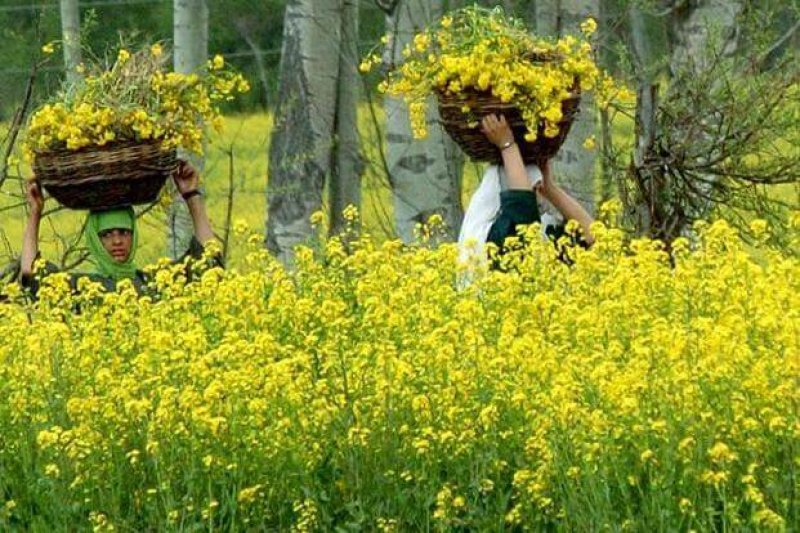Geneticist and the former vice-chancellor of Delhi University, Deepak Pental … and his team have developed the transgenic mustard hybrid, DMH-11, which was recommended for mass cultivation by the regulator, but environment minister Harsh Vardhan has sought a review of that decision.
***
[T]here is huge disappointment that the country is not benefiting from our work. But the work has been published, the stocks have been developed. Any time, any government feels like utilising it, the material will be there.What other aspects of mustard has engaged your research attention?
Genetic modification (GM) is best for making mustard hybrids of any two parents. More recently, we have turned to disease resistance. We have developed Indian germplasm lines with white rust resistance. The gene came from East European mustards. That will surely go to farmers’ fields because it is non-GM. A lot of work is happening on stem rot, a major problem. Alternaria blight affects mustard in hilly areas and cooler climates, so it is not grown as extensively in those regions. We may need GM technologies to tackle these.
…
Is it possible for western industrial-scale scientific agriculture to be gentle on nature?
What is required is precision agriculture. Israel, Germany and the US practise it. It is not organic. Only 1% of the arable land is under organic crops. It is not sustainable. Agricultural research has saved humankind from distress and famines. It is high time science and technology people spoke up for precision agriculture. Why don’t we practise low-till agriculture? In Punjab, Haryana and Uttar Pradesh, rather than burning, we should put crop residue back into the soil, which will improve organic matter. That is technology. The solutions will not come from idealistic thinking.
Read full, original post: Pre-1900 organic farming can’t cure Green Revolution excesses































